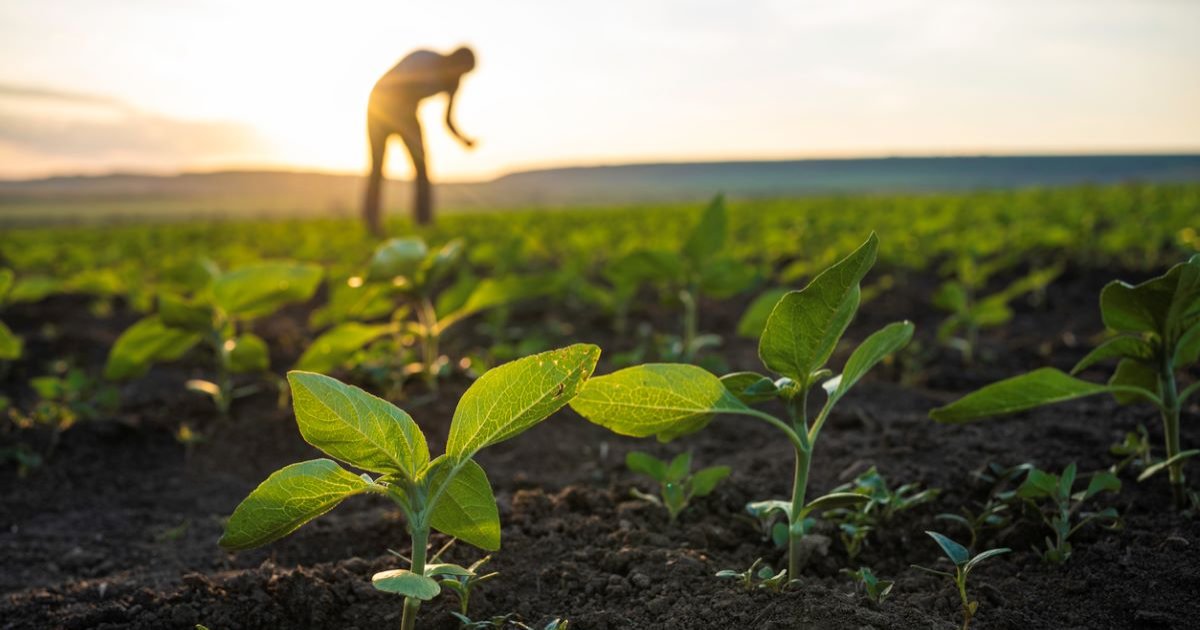Mathematica provided recommendations to the U.S. Department of Agriculture (USDA) for supporting farmers in taking voluntary actions to reduce greenhouse gas emissions and use sustainable land-use practices.
Mathematica’s recommendations came in response to USDA’s request for information regarding implementation of the Greenhouse Gas Technical Assistance Provider and Third-Party Verifier Program. Authorized under the Growing Climate Solutions Act, the program is intended to facilitate farmer, rancher, and private forest landowner participation in voluntary carbon markets, a potential tool for reducing greenhouse gases from the agricultural and forestry sectors.
Specifically, Mathematica’s recommendations to USDA focused on:
- Definitions of the terms “consistency,” “reliability,” “effectiveness,” “efficiency,” and “transparency” for use in evaluating protocols for inclusion in the program.
- Protocols for generating voluntary carbon credits from agriculture and forestry projects that USDA should evaluate for listing through the Greenhouse Gas Technical Assistance Provider and Third-Party Verifier Program.
- How USDA should evaluate technical assistance providers (TAPs), and minimum qualifications, certifications, or expertise for a TAP to qualify for listing under the program.
- Minimum qualifications and expertise for third-party verifiers to qualify for registration under the program.
About Mathematica
Mathematica is a research and data analytics consultancy driven by a mission to improve well-being for people and communities. We innovate at the intersection of data science, social science, and technology to translate big questions into deep insights. Collaborating closely with decision makers and changemakers, we’re reimaging the way the world collects, analyzes, and applies data to solve urgent challenges.
Media Contact
-
Mike Burns
Mathematica, Senior Director, Communications and Public Affairs
mburns@mathematica-mpr.com
202-484-4683

